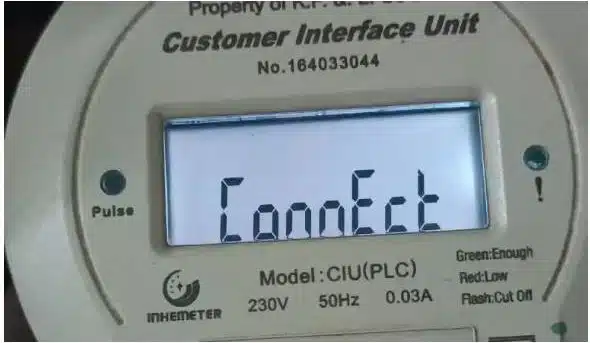
Telephone acquisition is a popular means of selling goods and services. In contrast to direct sales, the costs can be kept relatively low with sales on the telephone . Founders, the self-employed and freelancers in particular like to use this form of distribution. But long-established companies can also benefit from telephone acquisition. However, there are some legal pitfalls that you should know about before picking up the phone.
Short guide to a successful telephone acquisition
Cold calling by telephone is the supreme discipline in sales. Without question, the callers need a lot of courage, assertiveness and persuasiveness and intrinsic motivation .
With a few tips, the cold telephone acquisition can be well prepared and the pressure during the call can be minimized. With a little training , sales over the phone will soon run like clockwork – and then it can be a lot of fun.
How to make a phone call:
-
Do your homework.
The preparation for the interview has to be right. Before you pick up the phone, you should research the company and your prospective interviewer . So you have valuable information at hand as to why he or she should be interested in your offer.
-
The entry has to be right.
A good conversation starter is half the battle. And the hardest part of the call. After all, you don’t know what mood you’ll find your interlocutor in. There’s only one thing that helps: stay calm, be brief. Try to smile (you can hear that) and stand (you can hear that too, interestingly – you sound more confident, more alert) and avoid using the person’s name at every opportunity. That’s a tip from the past – and just annoying.
-
Ensnare the assistant.
Only in the rarest of cases will you get the decision -maker on the phone straight away. An assistant is usually assigned to take the calls. One of their jobs is probably to block such phone calls.
Don’t worry, it’s still possible to get the manager on the line. The door openers to this are friendliness and appreciation . Don’t think of assistants as a necessary evil to be overcome, treat them like partners. Ultimately, how you would treat your actual conversation partner. Sentences like…
Please put me through to Mr./Ms. XY, I would like to discuss this personally.
are therefore an absolute no-go. The reverse approach is correct: Show the assistants how important they are and that they ultimately have a say in your success. For example:
Dear Ms. ABC, It is really important that I can discuss a proposal with Mr./Ms. XY. You’re the only person I can hope for in this.
-
Ask open-ended questions.
Telephone acquisition does not mean that you text the person you are talking to for minutes. On the contrary: You want to know what moves him and what urgent questions and problems he has. So let him talk while listening carefully and taking notes . The best way to start the conversation is to ask open-ended questions . In other words, ones that the person on the other end of the line cannot just answer with yes or no .
Let your conversation partner do the talking and don’t anticipate any statements – especially not negative ones. Statements like…
I am aware that towards the middle of the year the budget for this and that is small…
should be completely removed from your repertoire . You show understanding, but in the wrong way. The person you are talking to then only has to agree – and the deal is gone. Instead, talk about the opportunities that your offer offers the customer.
-
Mirror your interlocutor.
If the conversation falters, you can try a trick: Repeat the last statement your potential customer made in modified words . Get it right and you will get approval from him or her. This is a good starting point for further discussion.
-
Focus on positive communication.
You can influence the outcome of the call with your choice of words. If you choose to be positive rather than negative , it will make a difference in your listener. Studies have shown that it takes our brain longer to decipher a negation. The sentence
I don’t want to imply that you…
is initially received by the listener in exactly the same way: as an insinuation. It takes a certain amount of time for the person you are talking to to understand that you mean things differently. During this time, however, the rest of the conversation continues. What is much more important: the inner attitude of your listener will change . He or she is assuming an assumption and will certainly not appreciate it. This influences the course of the conversation.
In psychology, this process is known as priming . What is meant here is that the first stimulus (here the assumption), which is received and processed in the brain, influences further interpretation to a considerable extent . Try the effect yourself using the following example: Ask a colleague to repeat the word white 30 to 40 times and then immediately ask him what a cow is drinking. The answer will almost certainly be milk .
You can use this circumstance for telephone acquisition . Make statements that your interlocutor will agree with. This can also be just normal small talk about the weather, which he will agree to. If you have him in a yes loop, ask a question that is important to you. For example, after a personal appointment or non-binding offer of your service. The odds that your primed interlocutor will agree are far better now.







